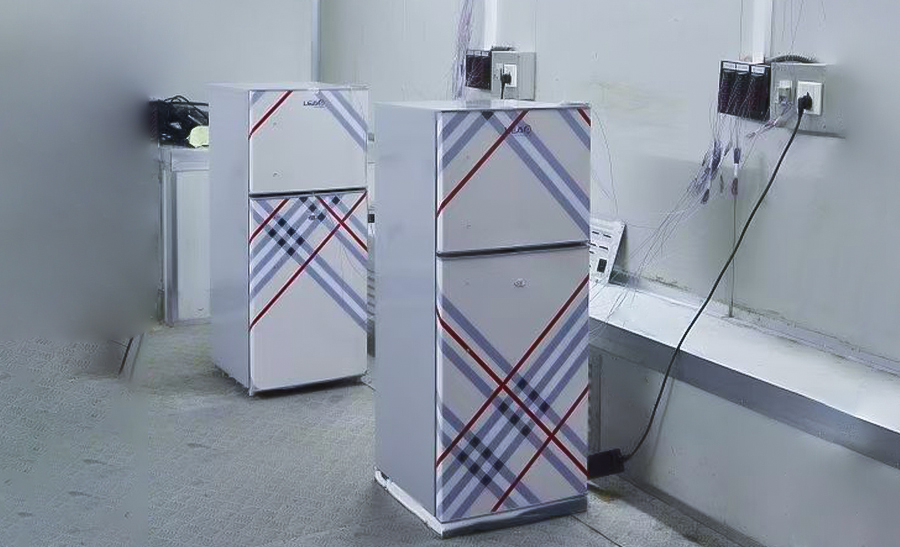Low-temperature refrigerators are rarely found in homes at present, and they may be seen in the families of sea fishing people, gourmets and other people. Now most of the units are used for professional purposes.
1. The biggest difference between a low-temperature refrigerator and a household refrigerator is "low temperature". The storage temperature is lower than that of a household refrigerator, and the storage quality is longer, because the length of the shelf life is directly related to the storage temperature.
2. Low-temperature refrigerators are generally high-power. Household refrigerators have strict national energy consumption standards. The power consumption is relatively low. However, to obtain low temperature, the input power must be increased. Therefore, the power of low-temperature refrigerators is much larger than that of household refrigerators.
3. The refrigerating medium of low-temperature
Solar refrigerators is different. The lower the temperature, the more different the refrigerating medium. There will be two or three kinds of refrigeration medium in a refrigerator, and some even more than ten kinds of medium.

4. The refrigeration compressors of low-temperature refrigerators are different. The lower the temperature, two or three compressors may be required to work at the same time. The professional name is overlay refrigeration. The most advanced technology is natural overlay refrigeration technology, which uses one compressor. Add a variety of refrigerating media to cool through a complex natural overlay method. This technology is very mature, with low failure rate, low power consumption and energy saving. Guangzhou Aoxue's ultra-low temperature refrigerators and deep low temperature refrigerators are such technologies. There are also advantages such as small mechanical room, low noise, and convenient maintenance.
5. Low-temperature refrigerators have many additional functions. Like the earliest household refrigerators, low-temperature refrigerators are also used by professionals. The storage items are more expensive, and they generally have an over-temperature alarm function.
6. Low-temperature refrigerators use different materials, especially plastic parts. Due to the low temperature, general plastic parts have poor low-temperature resistance, become brittle at low temperatures, and have poor toughness. All plastic parts that require special treatment. The inner box plate generally uses stainless steel, and some also use expensive titanium plates. These plates have small thermal deformation, shrink small at low temperatures, and are not easily deformed.
7. The vast majority of low-temperature refrigerators are direct cooling, without evaporator fans, and the bearings of the fans need lubricating oil. The lubricating oil will solidify at low temperatures and can no longer provide lubrication.
